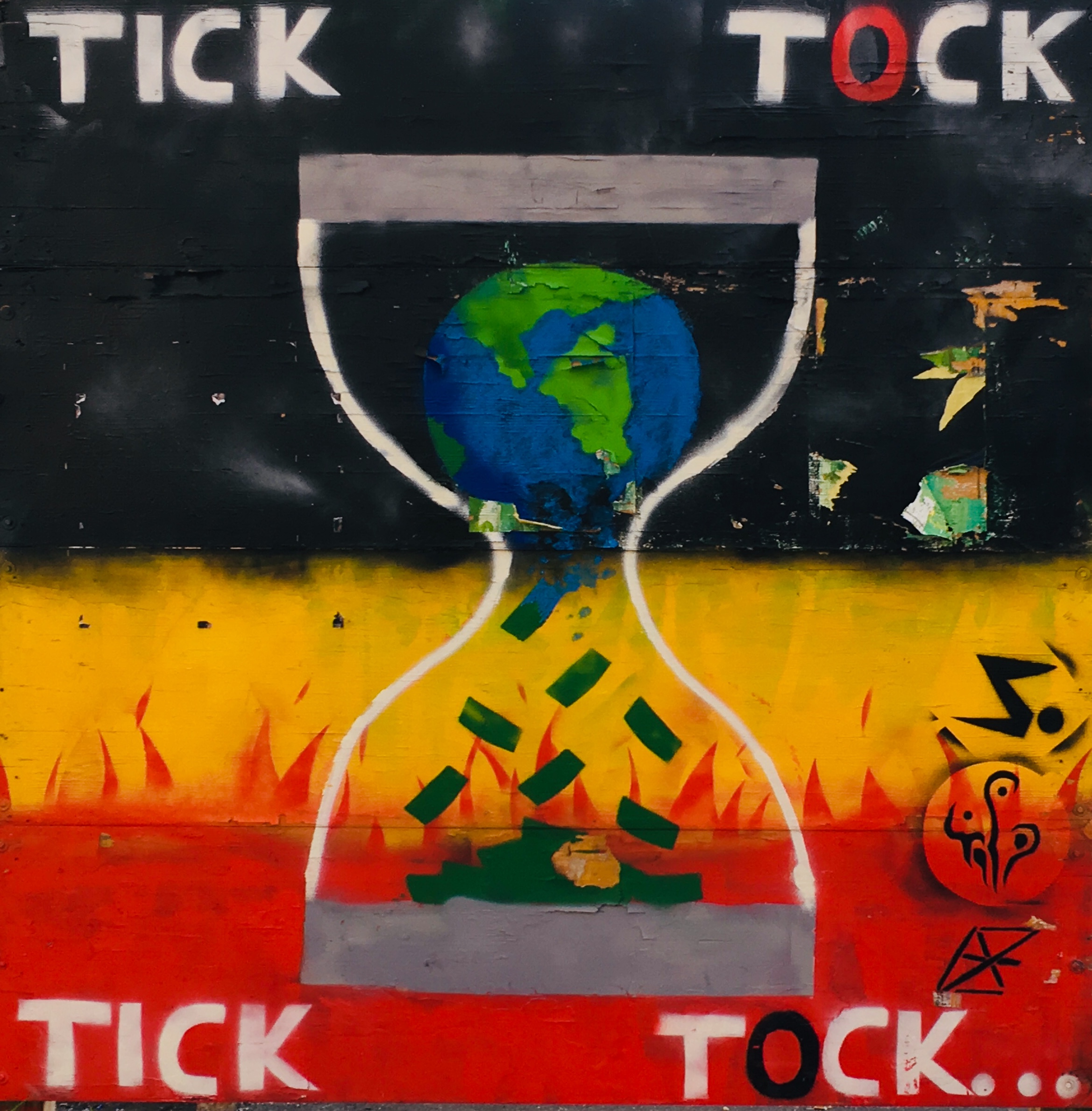The world has been whimpering for a very, very long time. Moments of deep pain poke their heads every now and then, stirring the sense of injustice and action for a moment, before getting sanitized and scabbed over…and life goes on.
For some.
It is now impossible to ignore the desperate cries around us. The world and its inhabitants are in pain. Amid wildfires, pandemics, unjust killings, and more, we have been asking our children to navigate fear and uncertainty – while still expecting them to study for standardized tests and write book reports. We now ask them to continue to make sense of injustices that don’t make sense to us. Candlelight vigils and hashtags will be insufficient to quell the cries that cannot be unheard.
We focus on active shooting drills in schools, rather than on non-violent communication education. We focus on flying underserved students for a weekend to tree-lined institutions of higher education for a taste of what life could be like “over there,” rather than challenge the equity and accessibility of pre-K to 12 education. We focus on fighting about school choice, rather than about teacher pay commensurate with the value of their work (and those having to serve as parent and teacher during the pandemic, you probably are thinking that there’s not enough gold in the world that comes close).
Are we in pre-apocalyptic times? I don’t know. Interestingly, however, the word’s Latin root, apocalysis, is “revelation” or “discover.” Its Greek root, apokalyptein, is “to uncover, reveal.” Even if we don’t go down the doomsday route, it appears rather appropriate that all that lay just underneath the surface is now being revealed and unveiled in all its raw and unpretty ways. Like with a long-festering wound, the scab has been torn off so forcefully and fiercely that a scab can no longer provide cover. The clear-eyed James Baldwin once noted, “Any real change implies the breakup of the world as one has always known it, the loss of all that gave one an identity, the end of safety.”
What we have known is being razed. We need time, care, and courage to reseed and rebuild. We are at a juncture where we need to – and can – choose how. So, where to start?
- Don’t jump to solutions
Rebuilding from destruction takes time. We are still hurting. Many well-meaning people are reaching out to help. Keep doing that. But don’t feel that you have to have the answers – for your students or children – right now. Trying to resolve intergenerational issues overnight will overlook deeper root causes. Giving our students – and ourselves – the space and time to grapple and express the full spectrum of their emotions constructively and compassionately is critical to asking and addressing the root questions.
- Take a beginner’s mind
With this New Normal, New Next, New Now – whatever we want to call it – let’s take a lesson from the three-year old and see things not as they were, but as they are. Taking a child’s mind may help us be less fettered by what they can’t be to how they “can be.” Mister Rogers and many more educators have long understood that imaginary play is serious learning. Let’s learn from the innocent who still imagine freely and boldly.
- Allow and care
Oftentimes, we think showing care or compassion means caving in or being a passive acceptor to the injustices in the world. On the contrary, as the wise Ruth King says, “to allow is not to condone what is happening or what has happened; rather it is to accept what is happening in this very moment…. Allowing supports us in touching and letting go of the resistance to what’s here – the good, the bad, and the ugly.” Let’s help our students – and ourselves – find allowance for the space and capacity to care – not only for those who agree with us, but those who don’t. Let’s help our students – and ourselves – remember that words have meaning, and meaning have power. Caring and compassion offer us the choice to be more intentional to influence and impact in a way that connects, not divides, especially during times when it seems impossible.
The world is going to hurt more before it gets better, unfortunately. But better it must. It was Rumi who said, “the wound is the place where light enters you.” Let’s invite our young people, as confused and hurt as the adults, to co-create the conditions for greater justice and humanity. As the mythical creature phoenix symbolizes, out of charred ashes is radiant renewal.


